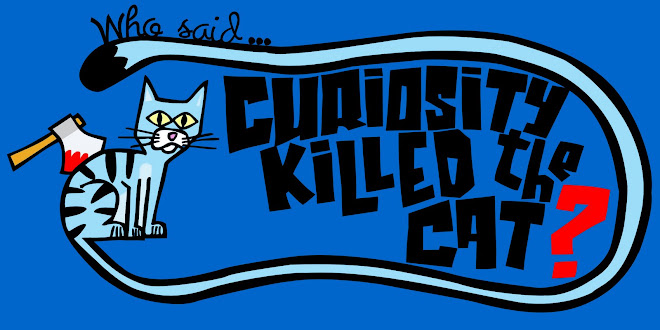A study by the European Pesticides Action Network (PAN) reveals that wines on sale in the EU may contain residues of up to 10 different pesticides potentially harmful to human health. But manufacturers argue that the quantities are so tiny that drinking wine poses no health risk.
"Grapes are among the most contaminated food products on sale in the EU and receive a higher dose of synthetic pesticides than almost any other crop," argues the environmental NGO in a report analysing pesticide residues in wine, published on Wednesday (26 March).
The study covered 40 bottles of wine - 34 conventional and six organic ones - purchased inside the EU. According to the results, the 34 bottles of conventional wine together contained 148 pesticide residues. All 34 bottles contained from one to ten pesticides, bringing the average per bottle to more than four. Of the six bottles of organic wine tested, one sample contained a low concentration of a possibly carcinogenic pesticide.
According to PAN Europe, the "contamination of wines is a direct result of over-reliance on pesticides in grape production". The group argues that the presence of pesticides in European wines is a "growing problem" as grape farmers abandon traditional pest control methods to adopt more hazardous synthetic pesticides. According to Elliot Cannell of PAN Europe, this trend has a direct impact on the quality of wines produced in Europe as pesticides used to grow food crops "can and do end up in food products".
Responding to the report, the European Crop Protection Association (ECPA), which represents pesticide manufacturers, highlighted that all the residues found were authorised for use in the EU. In addition, ECPA underlined that the levels of residue were found "in such minute quantities" that they "are not even remotely close to [reaching] any level of concern". ECPA compared the proportion to the part per billion level or the equivalent of "one drop of water in an Olympic-sized swimming pool". The association also deplored that the PAN report did not test other elements such as copper or sulphur, which are both used in organic vinificulture.
"Drinking wine poses no health risk for European consumers with respect to pesticide residues [...] Both the use of pesticides and monitoring of residues are very carefully controlled by independent scientists. Maximum residue levels are set well below levels that could cause a risk to humans, to build in a substantial safety margin," said ECPA Director General Friedhelm Schmider.
In 2006, the European Commission proposed tightening the existing pesticide usage and authorisation rules in Europe as public concerns over the health and environmental impact of the so-called plant protection products continue to grow. So far, the Commission has rejected demands by Parliament to extend an existing list of substances banned from use in the production of pesticides. The EU 27's agriculture ministers are set to debate the matter in April and are expected to reach a political agreement by 19 May 2008.
Taken from Euractive.com, 27 March 2008







No comments:
Post a Comment